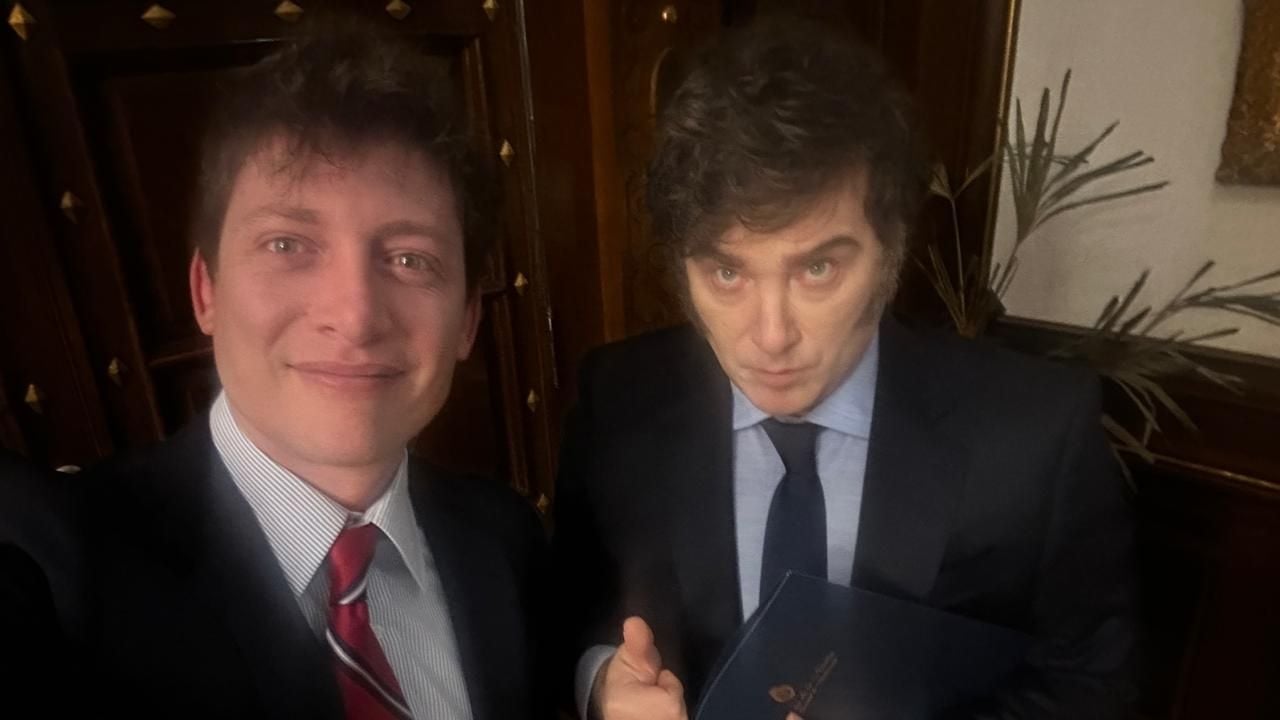The president Javier Mileion his first anniversary in office, outlined on national television the main guidelines of his economic plan for 2025. Surrounded by his closest collaborators, Milei presented a series of measures that seek to transform the Argentine economy and ensure sustainable growth.
One of the most notable promises of Javier Milei is the implementation of a structural tax reform that will reduce the amount of national taxes by 90%. This measure seeks to simplify the tax structure and return to the provinces the tax autonomy that, according to Milei, they should never have lost.
Tax competition between provinces will be a key factor in attracting investments, generating a more favorable environment for economic development. Milei described the exchange rate as an “aberration” that will be definitively eliminated in 2025.
The convergence between the parallel and official exchange rates is a crucial step in this direction. The president explained that they are working on solutions for the Central Bank’s imbalances, through an agreement with the International Monetary Fund (IMF) or private investors. This measure seeks to stabilize the exchange market and promote confidence in the Argentine economy.

In line with his promise to close the Central Bank, Milei confirmed the implementation of a bimonetarist scheme that will allow Argentines to use the currency of their choice for everyday transactions. Although taxes will continue to be paid in pesos, this measure aims to stabilize economic growth in a sustainable manner and eliminate inflation.
Free currency competition is seen as a tool to strengthen the economy and offer greater financial freedom to citizens. The Large Investment Incentive Regime (RIGI), approved this year, has been a fundamental pillar in the economic strategy of Milei. Thanks to this regime, requests for more than USD 11.8 billion in investments have already been registered.

Investments
These investments will positively impact key sectors such as infrastructure, energy, mining and technology, generating direct and indirect employment. Attracting investments is essential for economic growth and the creation of job opportunities.
Javier Milei proposed a trade strategy based on three pillars: eliminating internal obstacles in Mercosur, reducing the common external tariff and promoting a free trade agreement with the United States. The president stated that this agreement should have been finalized almost two decades ago and that its implementation is crucial to improve Argentina’s competitiveness in the global market. Trade liberalization is seen as a way to diversify the economy and access new markets.
follow us on Google News and on our channel instagramto continue enjoying the latest news and our best content.
















